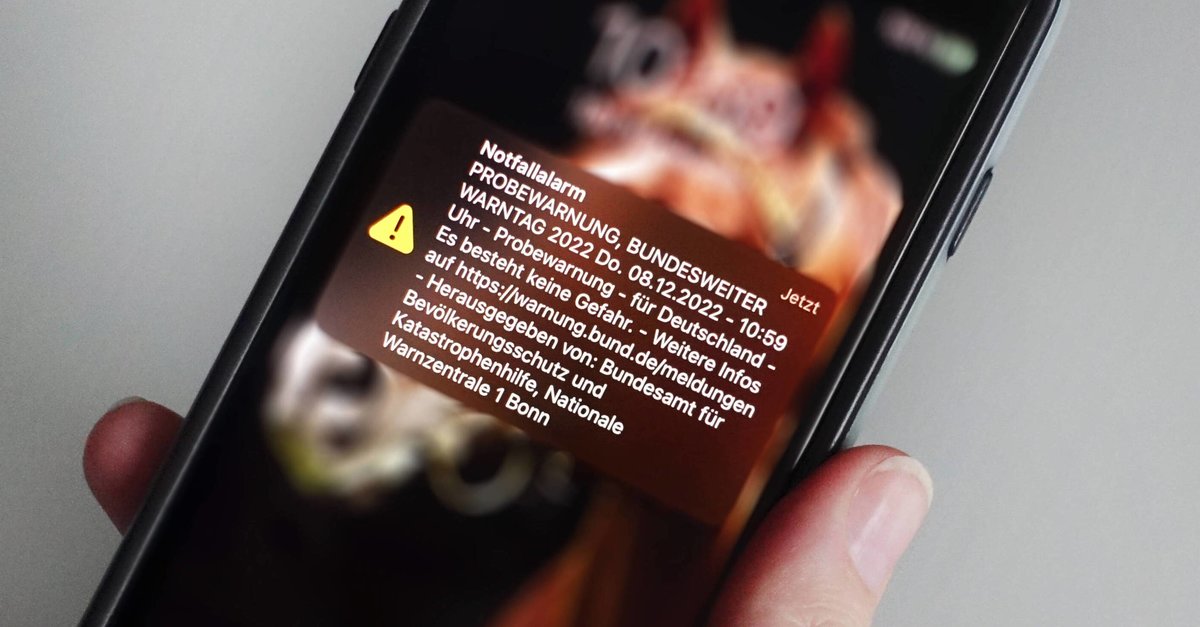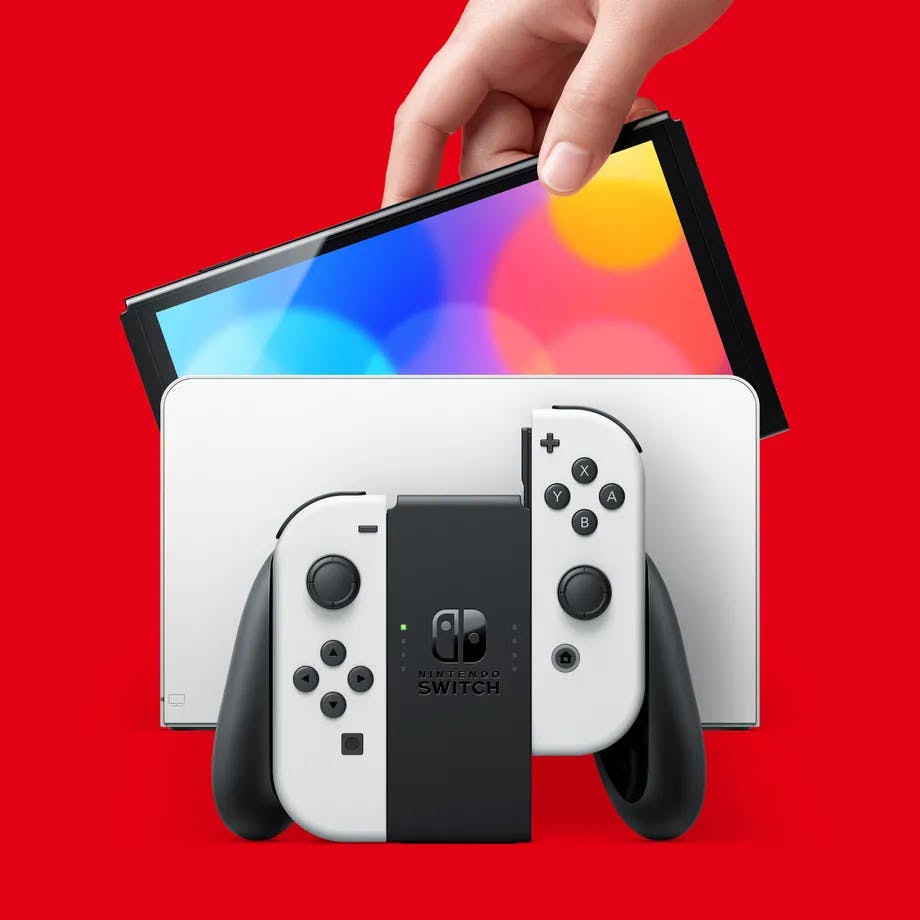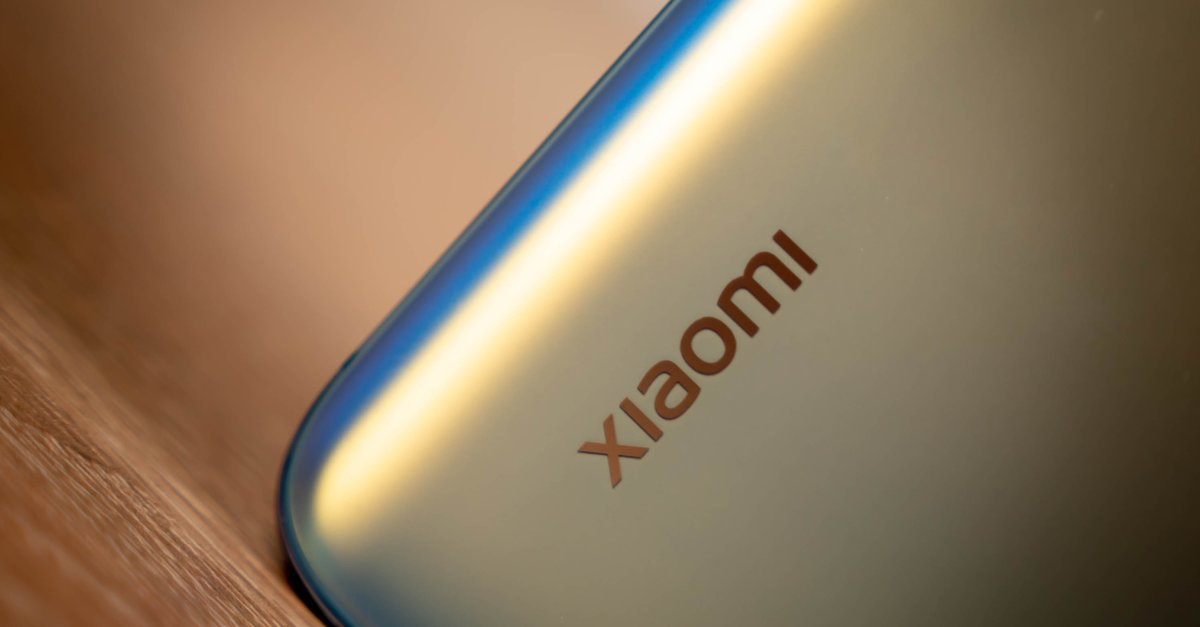Live audio app Dive wants to be the German clubhouse
No time right now?
Five ex-Circ developers from Berlin have launched a clubhouse clone with the Dive app that is visually and functionally close to the original. However, there should be differences in the target group.
Talking to one another has been popular again since the launch of the iOS app Clubhouse, which can only be joined by invitation. The live audio app is spreading rapidly in Germany after it was only accessible to an elite group in the USA since it was launched almost a year ago.
Contents
Clubhouse shows: speaking is in again
The concept of the uncomplicated conversation, which can be initiated simply by entering a so-called room, i.e. a virtual place in which the other participants are in the conversation, initially excited the German media and tech scene in particular, but has now attracted more Circles.
With the Dive app, which should officially start this week if possible, in order to use the clubhouse hype as a tailwind, five Berliners are relying on the same concept in terms of functionality and appearance. If you don’t look closely at the following screenshots, you can hardly tell the difference between the UI.
UI of the dive app. (Source: Dive / Gründerszene)
Dive is also a live streaming app and is not brand new, but has been in development since last year. Initially, the developers who had last worked for Circ and who had gone to Bird after the sharing service was sold, implemented an app in which users could show talents such as singing or tests of courage live and be rewarded for this by the viewers with virtual coins. That reports the Start-up scene.
The idea did not spark among the users. As co-founder Lucas Consoli confirmed in an interview with Gründerszene, Dive could not prevail against Tiktok or Instagram’s reels. After three months of test operation, the founders of the app pulled the plug, considered a new approach and came back with the current iteration towards the end of 2020.
Start-up scene as the main target group
It works just like Clubhouse, but wants to serve a completely different target group. At Dive, the tech and start-up scene should stay among themselves in the long term. The exchange of knowledge is to be promoted through the concentration. For example, the participants should be able to exchange ideas about financing and tools, and look for solutions to business problems together. Dive sees itself as an extension of the start-up network to include uncomplicated opportunities for conversation.
The Dive founders attach particular importance to the statement that the app – unlike Clubhouse – complies with data protection regulations. No recordings are made and the users’ address book is not harvested either. Moderation takes place manually. The founders themselves listen in as many groups as possible.
That may still be possible at the moment. Dive should currently only have 300 users. 1,000 are said to be on a waiting list. So moderation will quickly become a problem. Dive envisions hiring staff for this in the future.
Business idea is ready, capital is acquired
After an initial financing round of over 180,000 euros, which was mainly raised by friends and family, the founders are currently working on acquiring another half a million euros in order to be able to scale further. The business model is divided into two parts.
On the one hand, the makers want to stick to the originally planned virtual currency with which users can honor content. On the other hand, Dive wants to offer corporate customers their own rooms for a fee, in which they can hold conferences and / or training courses.
A unique selling point could ensure rapid dissemination. Dive is also available as an app for Android smartphones.



